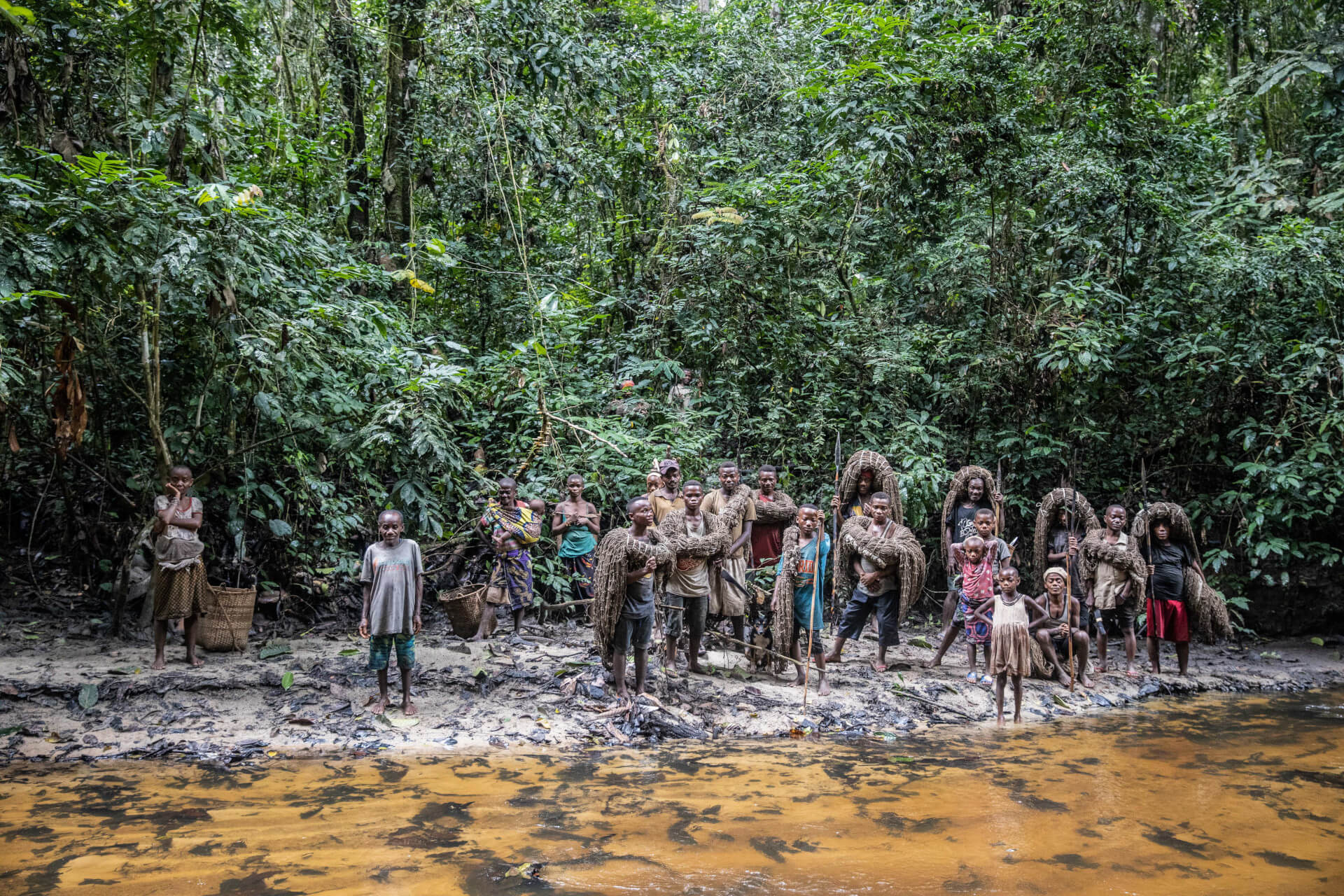The SWM Project in Democratic Republic of the Congo
DEMOCRATIC REPUBLIC OF THE CONGO
 © FAO/Thomas Nicolon
© FAO/Thomas Nicolon
SWM PROJECT
The Ituri Province, and in particular the Okapi Wildlife Reserve, are home to some of Central Africa’s richest wildlife. Hunting and gathering forest products are central to rural communities and indigenous people’s cultural identity. Community well-being also depends on the protein intake and income provided by these activities. Threats to Ituri’s wildlife are increasing as is the demand for wild meat, which is driven by the expanding human population caused by the mining boom, agricultural expansion and logging activities.
The SWM Project in the Democratic Republic of the Congo promotes sustainable community management of hunting within and outside the protected areas. It will help reduce the risk of extinction of protected species while improving the communities’ long-term well-being. The SWM activities in DRC are implemented by the Wildlife Conservation Society, in collaboration with national authorities.
DID YOU KNOW?
- The Okapi Wildlife Reserve (OWR) is home to more than 100 species of mammals, including several threatened flagship species such as the okapi, the forest elephant and the eastern chimpanzee.
- Indigenous hunter-gatherers represent one-fifth of the population living in the RFO, and their survival depends on the forest (watch Thomas‘s video).
- 44 species or groups were identified during the ecological monitoring of the Eboyo-Bapukeli hunting zone and population densities have been estimated for 7 hunted species.
- The SWM Programme is supporting more than 100 local micro-enterprises through the Graduation approach.
- The SWM Programme is working on the development of the local poultry sector to provide a healthy and sustainable alternative to the consumption of bushmeat (watch Fidele’s video).



